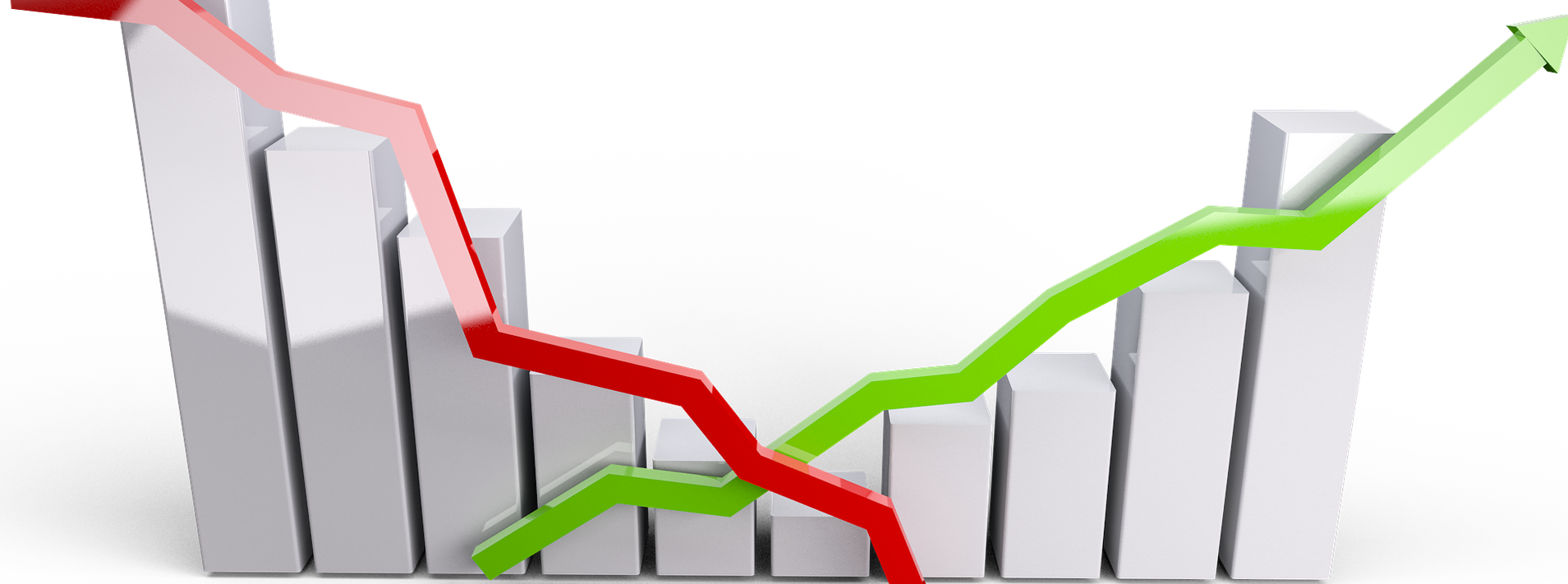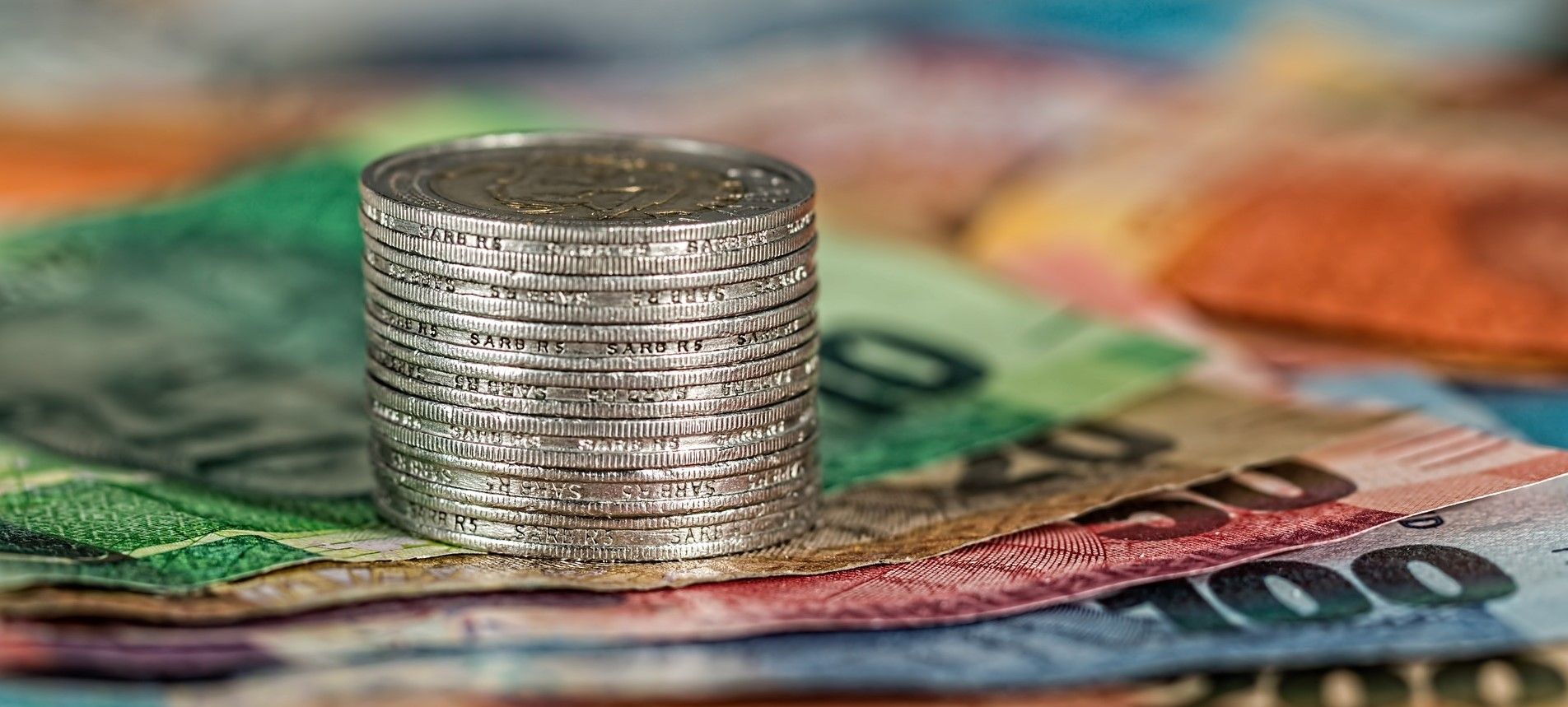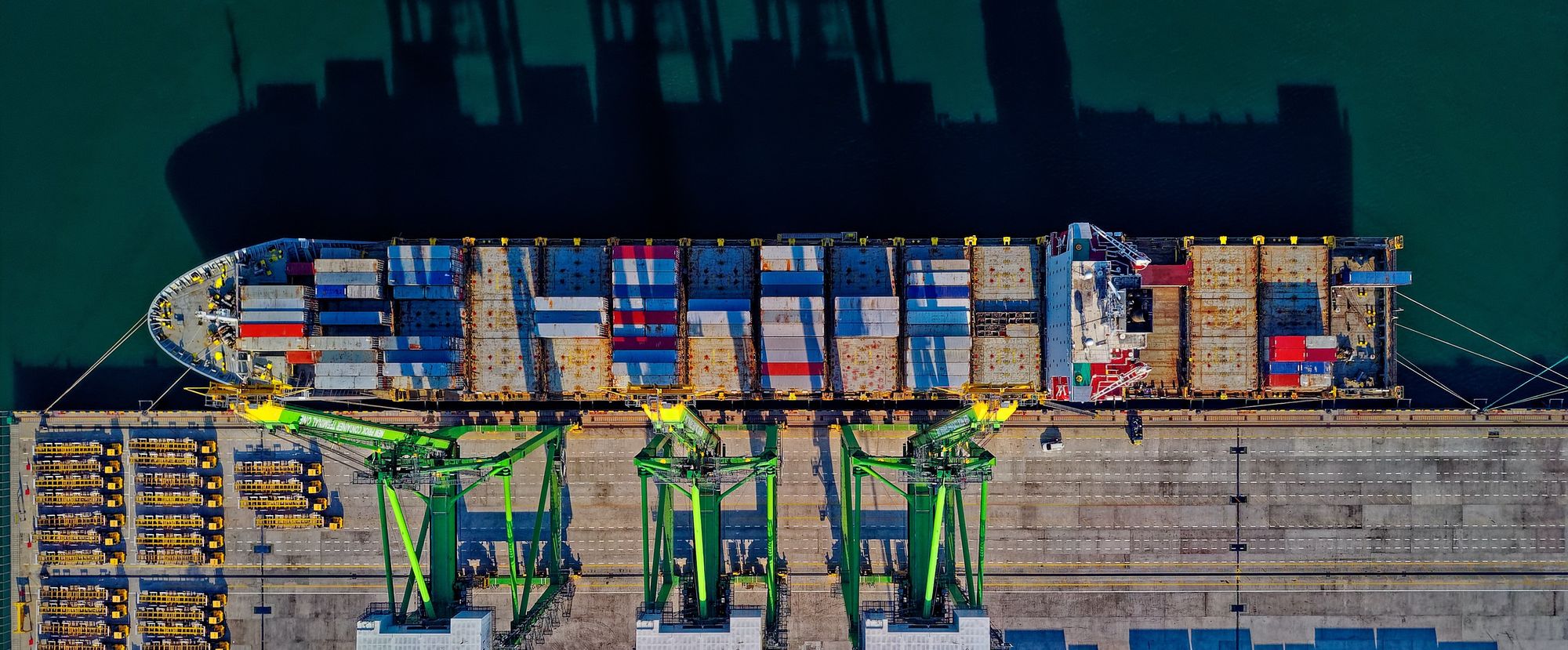In an insightful interview, Gita Gopinath, the Chief Economist at the International Monetary Fund, gave her thoughts on how the pandemic and the Great Lockdown is affecting businesses. How countries and companies are handling the situation, and how individual countries will react to the economic aftermath.
Firstly, it is interesting, and even comforting, to note that the first reference the IMF’s Chief Economist made in the interview was on the importance of health. Acknowledging that governments’ and businesses’ primary task is to help people stay healthy in order that workers can keep governments and businesses healthy.
“This is a crisis like no other and that means that the policies will be very different this time. Very glaringly, the number one policy has to be with regard to health. … The second big difference is the speed and scale with which this crisis is leading to job losses is something that we have not seen before. It means that policies have to be very targeted in helping firms and workers that are directly impacted by the lockdowns… of course, there's a financial aspect to it and you're seeing a lot of support coming from central banks around the world to support financial markets, but the crucial role here is to ensure that households and firms can get back on their feet as quickly as possible and that we can return to more normal activity, once … the health problems are more under control.”
Unfortunately, COVID-19, like most crises, is hitting the poorest the hardest. As the British newspaper, The Telegraph, reports, “Covid-19 deaths more than twice as high in England's poorest areas compared to richest.”
So too on a global level, people in the poorest countries have fewer means to protect themselves, are less able to isolate, have less access to medical care, and are worse hit by the lockdown.
Unfortunately, distributing aid in the poorest countries, where it is most needed, is also most difficult.
“In the past, India's informal economy has been its strength,” notes Meenakshi Gupta, the co-founder of the NGO Goonj, “but in a lockdown situation where daily wages aren't possible, it leaves many with no choice.”
Imran Khan, the Prime Minister of Pakistan, agrees, noting that while the lockdown may be difficult for those in developed countries, for others it can be deadly. As noted recently, “Unless we open up our economy, we have millions facing starvation.”

As an economist, and someone who was born in India, Gopinath is aware of how the poor will suffer the most and is quick to highlight how the problem of national debt is putting countries at risk of failure.
“Coming into this crisis,” she says, “we had about 40% of low-income countries that were either already in debt distress or at high risk of being in debt distress. And now we have the additional spending needs. I mean, these are critical spending needs. These cannot be postponed. Governments have to spend on health and on people’s livelihoods. That has implications for debt levels.”
Consequently, the IMF has put in place emergency funding to aid the world’s poorest nations. These efforts include rapid lending facilities, a doubling of borrowing limits, as well as debt service relief until the end of the year, with a potential to extend if needed.
Financial support like this is not so much a handout from the rich to the poor, but a self-support mechanism for the global economy.
“Debt relief is the key issue,” says Sigrid Kaag, the Dutch Minister for Foreign Trade and Development Cooperation, “if the weakest link in the chain is not supported effectively, we will all be damaged.”
Meanwhile, for wealthier countries, the IMF is focused on ensuring that economies have sufficient liquidity to prevent collapse and allow for potential growth. Much of this work has already been started by national governments.
As she says in her own words “… what a lot of interventions or central banks have done, for instance, the US Fed in terms of the liquidity measures, have helped calm the markets for some of these countries, but that's not guaranteed in the coming years. So, liquidity facilities will be needed and there the IMF is playing a role. We just put in place a new short-term liquidity line for countries. So, I would say there's a solvency issue, there's a liquidity issue, and both of these need to be addressed, not just now, but in the next many months to ensure that there is not a full-blown debt crisis.”

On a more positive note, the IMF is making plans for an economic future. Their analysts predict that a return to normal in a post-pandemic world will happen in three stages.
This thinking is based on the ‘best-case scenario’ of a coronavirus vaccine being found in the next 10 months. This means that during the next six months, most of the global economy will remain in phase one, with extensive economic lockdowns, social distancing, and restrictions on movement.
At this point, Gopinath sees governments doing ‘whatever it takes’ to keep people healthy, and to ensure that workers and businesses survive the immediate crisis.
This will then allow the economy to move on to phase two, where more complex decisions need to be made about when and which parts of the economy to open. There will still be no cure available, so caution must be taken to prevent new waves of illness. However, at the same time, governments will be aware that, as Gopinath puts it, governments, “… can't do this [financially support businesses] on an unlimited basis and a decision will have to be made about how many firms can you actually protect going forward and how many would fail.”
Adding that, “Some sectors might see a very permanent shift in demand. Any travel related industries, international tourism, can take a quite large hit. So, then we enter a phase where you cannot support everybody, and you have to think of which ones are more systemically important, strategically important. And for the other ones, you will have to let them go into bankruptcy, but then figure out a way of how they can come back very quickly when things resume, assuming there's enough demand for them.”
Gopinath also asks whether government funding to ailing businesses and industries should have strings attached. Should airlines that are bailed out be forced into more environmental practices? Should government funded firms be required to remove zero-hours contracts, or be legally committed to wage equality?

The third and final phase, is one with a vaccine, where health is less of an issue, but where, “countries are dealing with very elevated debt levels.”
Here Gopinath believes that resolving the debt will be very different from country to country. The richest will keep interest rates very low, allowing the advanced economies to ‘roll over their debts’.
The poorest will require debt restructuring and debt relief, with a view to possibly raising additional funds from a ‘solidarity tax’ aimed at the wealthiest firms and individuals.
As such, some economists and political thinkers are wondering if the pandemic will bring about a sea change in the entire economy. As Maxwell Hall, the Media Lead at the World Economic Forum, who conducted the interview asks, “What do you think is the future of capitalism and of globalization?”
To this Gopinath is less certain of the outcome, saying, “I want to be optimistic and I want to say that the world will come together and we will come out of this eventually in a stronger, better form in terms of globalization.”
“But I am worried at this point. We entered this crisis with a weakening appetite for globalization and for countries looking more inward, and this crisis has accelerated that partly because of the nature of this crisis.”
“As you have seen, there have been shutdowns on travel across borders, global supply chains have broken down, but the bigger concern is that countries will then turn more protectionist, decide to move production more to their home countries, to put controls on exports.”

It seems then that there is a way out of the lockdown, that businesses will recover, and that any future recession will be short lived, although debt laden.
But at the same time, the world will be a different place after the coronavirus.
After all the talk of ‘coming together in a time of crisis’, the new normal may be more divisive. Maybe social distancing and mask wearing will become common practice. Maybe the virus will spur a new wave of protectionism, it may bring on a wave of industry reshoring.
Maybe COVID-19 will be the death of globalisation.
To learn more about how the coronavirus is impacting industry, read: Will the COVID-19 Pandemic Relocate Industry Back from China? or COVID-19: Implications for the Chemical Business Upon Reopening.
Photo credit: Tom Fisk from Pexels, pexels, & pexels